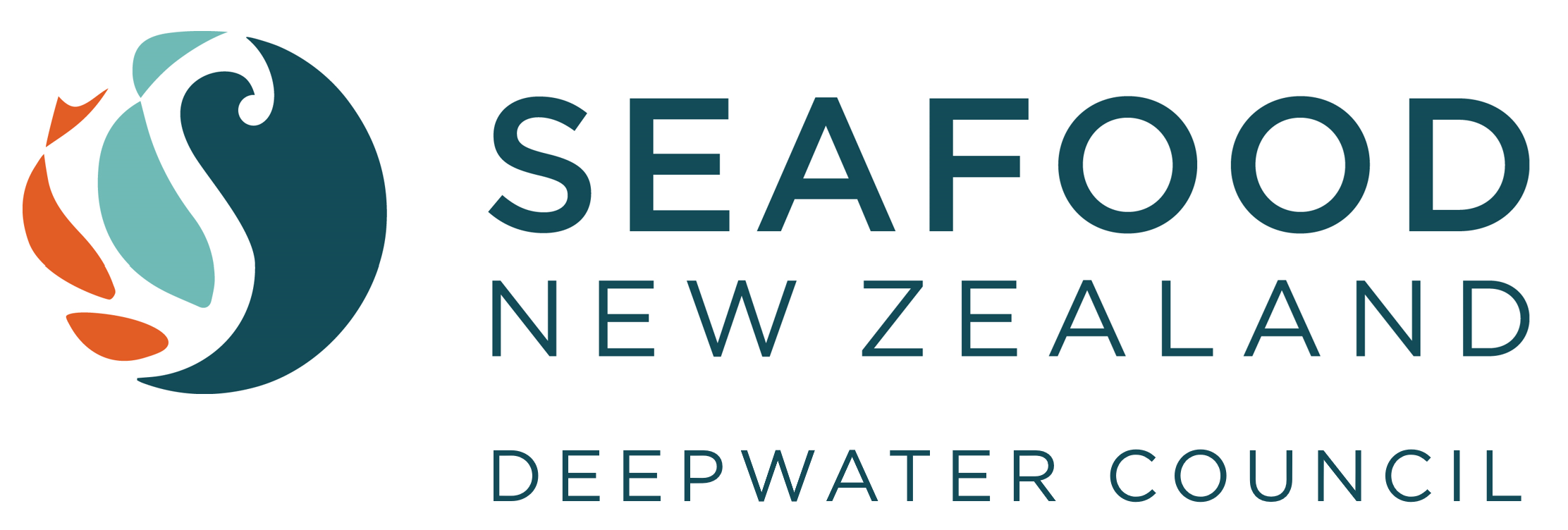8 March, 2013
The decline in the number of sea lion pups on the Auckland Islands appears to have ended. After reaching a low point four years ago pup numbers are now on the increase with this season’s just announced count the highest in five years
The seafood industry’s Deepwater Group says the increase is a promising sign for the much needed recovery of this endangered species.
The Department of Conservation has just reported that 1931 sea lion pups were born in the Auckland Islands rookeries over this past summer. There were 1684 pups counted in 2012. This year’s pup count is the highest for five years.
Deepwater Group CEO George Clement welcomed the news noting that pup numbers in the rookeries have always fluctuated.
“It’s in the nature of all wild populations for numbers to go up and down. After increasing in the 1990s, pup production has steadily declined since 1998.
“It looks like the huge hit by diseases on pups and adults in the colonies between 1998 and 2003 has now worked its way through the adult
In 1998 most of the sea lion pups in the Auckland Islands died from Campylobacter disease and Klebsiella also had a major impact in subsequent years.
“Disease outbreaks in seal populations elsewhere in the world have caused major declines in pup production and it is evident that this may have occurred in the Auckland Islands population of New Zealand sea lions.
“Obviously we want to minimise all causes of sea lion mortality. The introduction and refinement of Sea Lion Exclusion Devices has progressively reduced incidental sea lion captures in this fishery with no observed mortalities in 2011 and 2012,” he says.
“We were disappointed that there were two captures of sea lions recently, which surprised us, and we are looking closely at these isolated incidents to see how we can avoid repeat captures.”
“Other than that, the fishing fleet in the Auckland Islands’ area has had a clean record during the past three years and, with all but two of the 13 current vessels carrying independent government observers, we can prove it,” George Clement says.
ends
